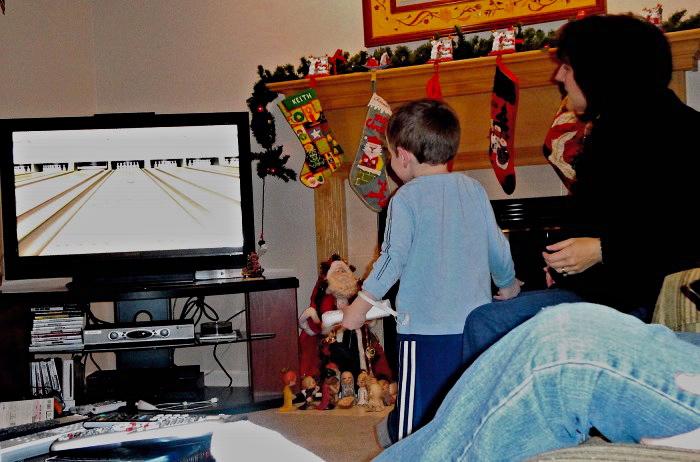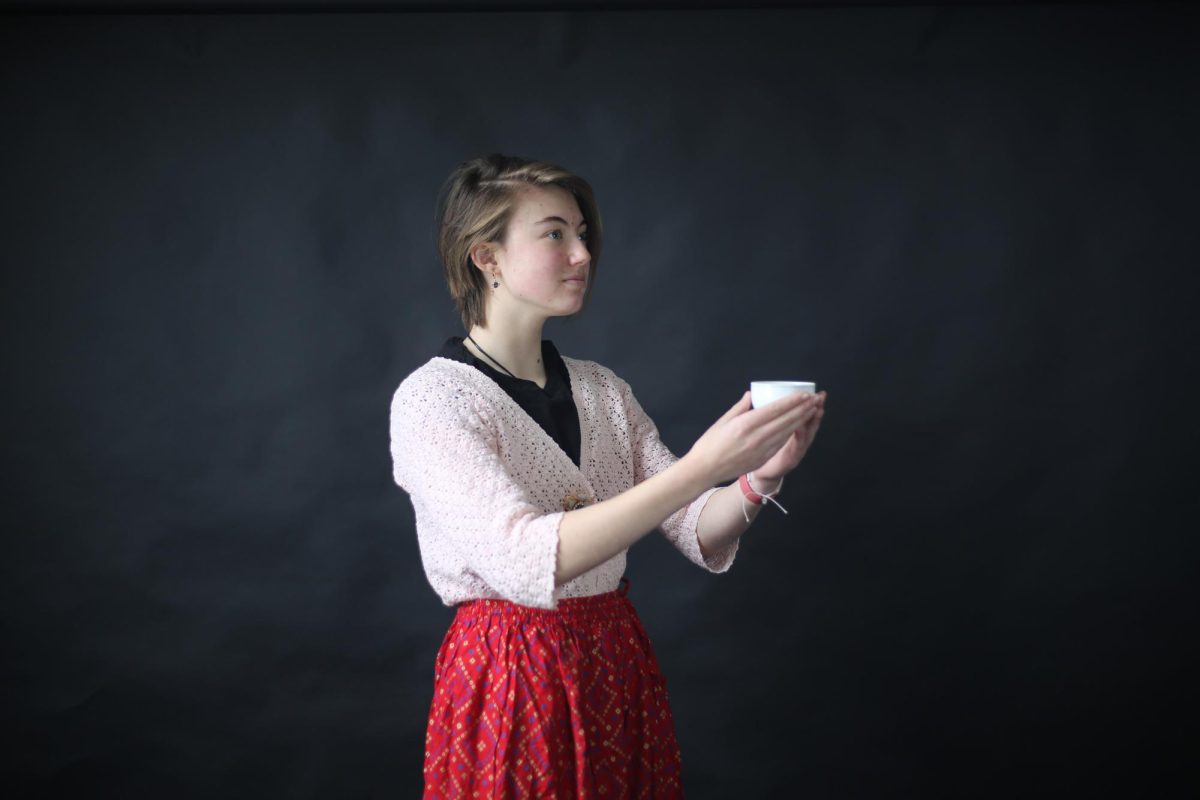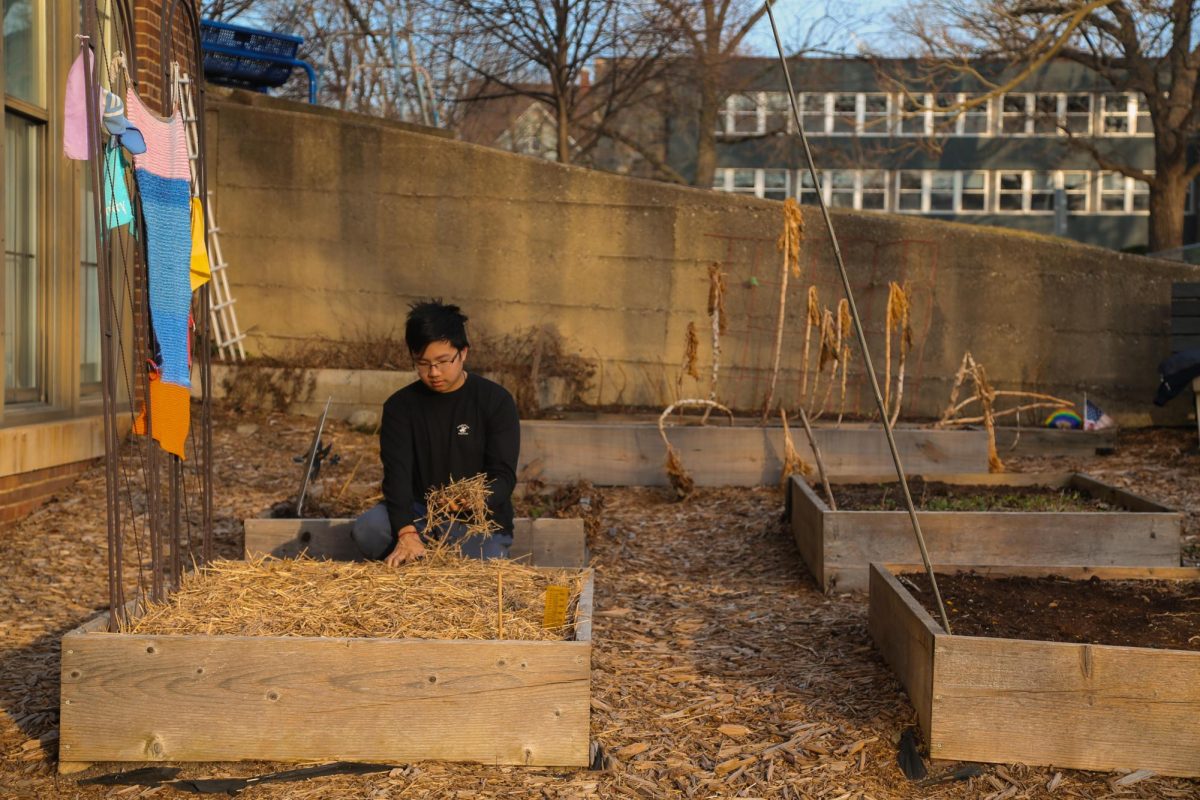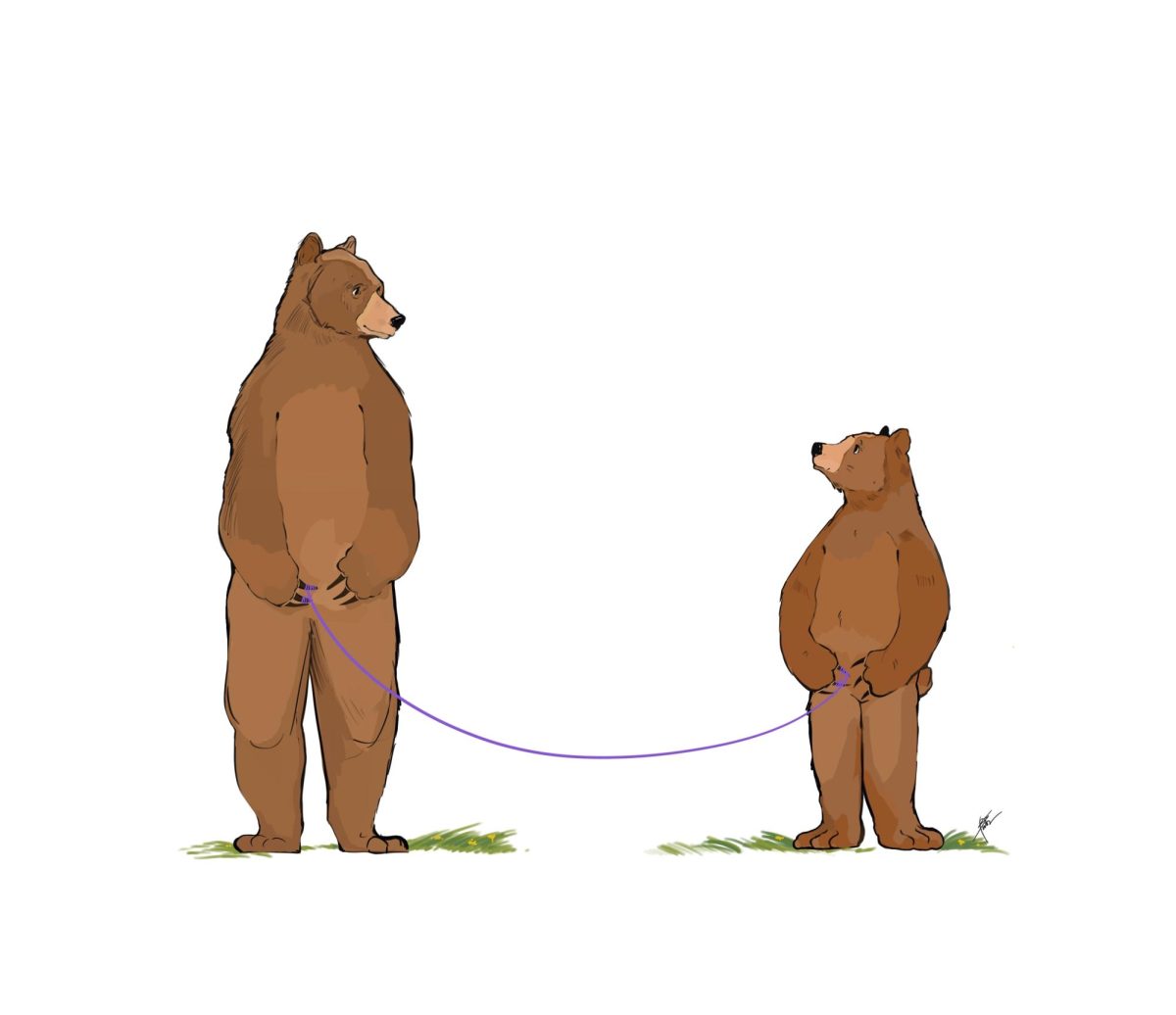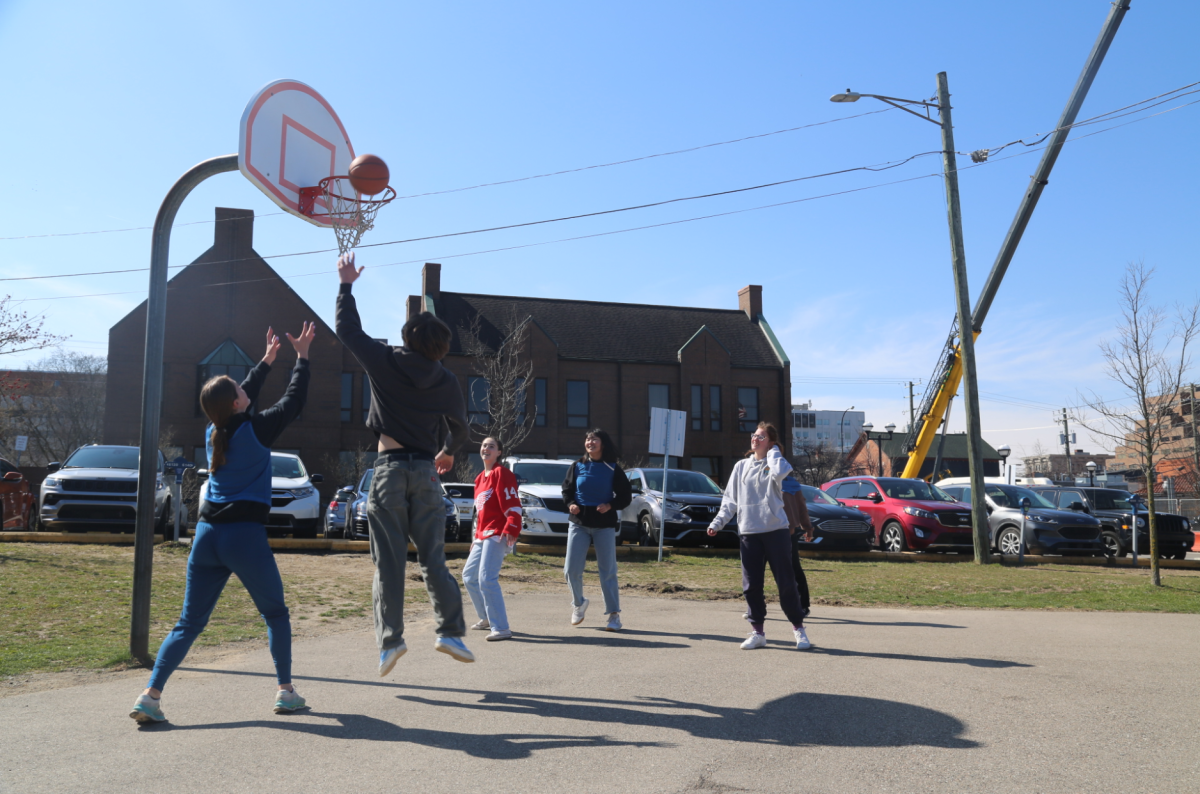New Year’s Eve is a holiday that is very unique in that it is acknowledged all over the world and isn’t constricted to any specific religion. Many historians believe that the tradition of celebrating on the night of December 31st originated from the ancient Romans, who observed a holiday around the time of the Winter Solstice in December called “Saturnalia.” Now, the holiday is celebrated in countries that use the Gregorian calendar such as the United States, Australia, British Isles, North and South America, Europe, and Scandinavia. New Year’s Eve is a time to reflect on the past year, make resolutions for the year to come, and have a good time with family and friends.

Many people take New Year’s as a time to relax at home with their family. Janie Dutton, a Pioneer High School sophomore, has a tradition of having her grandmother over every New Year’s Eve and having a quiet night at home. “We’ll eat pizza for dinner and then we will play some board games and…we watch the ball drop.” Dutton enjoys the holiday because she doesn’t usually get to spend so much time with her family. “I like New Years because it’s full of new opportunities,” Dutton said.
Another way some people celebrate the start of a new year is Chinese New Year. The beginning of the Chinese New Year is centered around the lunar calendar, or the moon phases. It lasts for a total of 15 days, starting with the new moon, the darkest day, and ending on the brightest, a full moon. The date usually falls in January or February, and this year, the Chinese New Year starts on February 3, the year of the Rabbit.

Tyler Bee, a freshman at Skyline High School, and his family have been celebrating the Chinese New Year ever since he was a baby. Bee celebrates the holiday by going to his grandparents’ house, along with the rest of his family. The Bee family follows some of the many Chinese New Year’s traditions. Bee said, “[My grandparents] give us these dumplings, and they put coins inside the dumplings…[When] you find the coins…you give it to them and you get…two dollars…but we usually find like ten coins so you get 20 dollars.” After they finish their dinner, “We get these red pockets and the aunts and uncles and grandparents give them to the kids.” Red pockets, like the dumplings, are filled with money. “[It starts with our] grandparents and all the kids…bow down to them and say [things in] Chinese. Then they give us [the red pockets]. Then we have the next husband and wife, or aunt and uncle, and the next one,” said Bee.
While people were celebrating the New Year across the globe at midnight on January 1st, 2011, the New Year has already come and gone for the Jewish calendar. Rosh Hashanah, meaning “head of the year,” started on September 8th, 2010 at sunset and ended on September 10th.
Although for many Americans the New Year involves staying up late and partying, Rosh Hashanah is celebrated differently. “For Rosh Hashanah we go to temple and we pray…it’s more religious,” said Hannah King, Community High School sophomore and secretary of the newly formed Jewish Cultural Union.
Besides the religion aspect, family is another important part of the holiday for King. “My favorite part of Rosh

Hashanah is probably… going to visit all of my family and eating the big dinner,” she said. Along with spending time together, King’s family takes part in a Jewish tradition for the holiday. “Every year we go to the Huron River and we throw bread crumbs in the water, which is called Tashlich, and in English it means ‘casting off’. We tell each other what we’ve done wrong, and we throw the bread crumbs in the river trying to forgive ourselves.” said King. They also eat apples in honey, for a sweet coming year.
Rosh Hashanah, the Chinese New Year, and New Year’s Eve are similar because they are all about self-reflection and looking ahead to a brighter year. Whether it’s Tashlich, a New Year’s resolution, or just a hopeful outlook, many people can relate to the ideas of forgiveness and hope for good things to come in the year 2011. That is, Jewish year 5771, and Chinese year 4709, year of the Rabbit.
For more information on the Chinese Zodiac animals, visit http://www.c-c-c.org/chineseculture/zodiac/zodiac.html.



